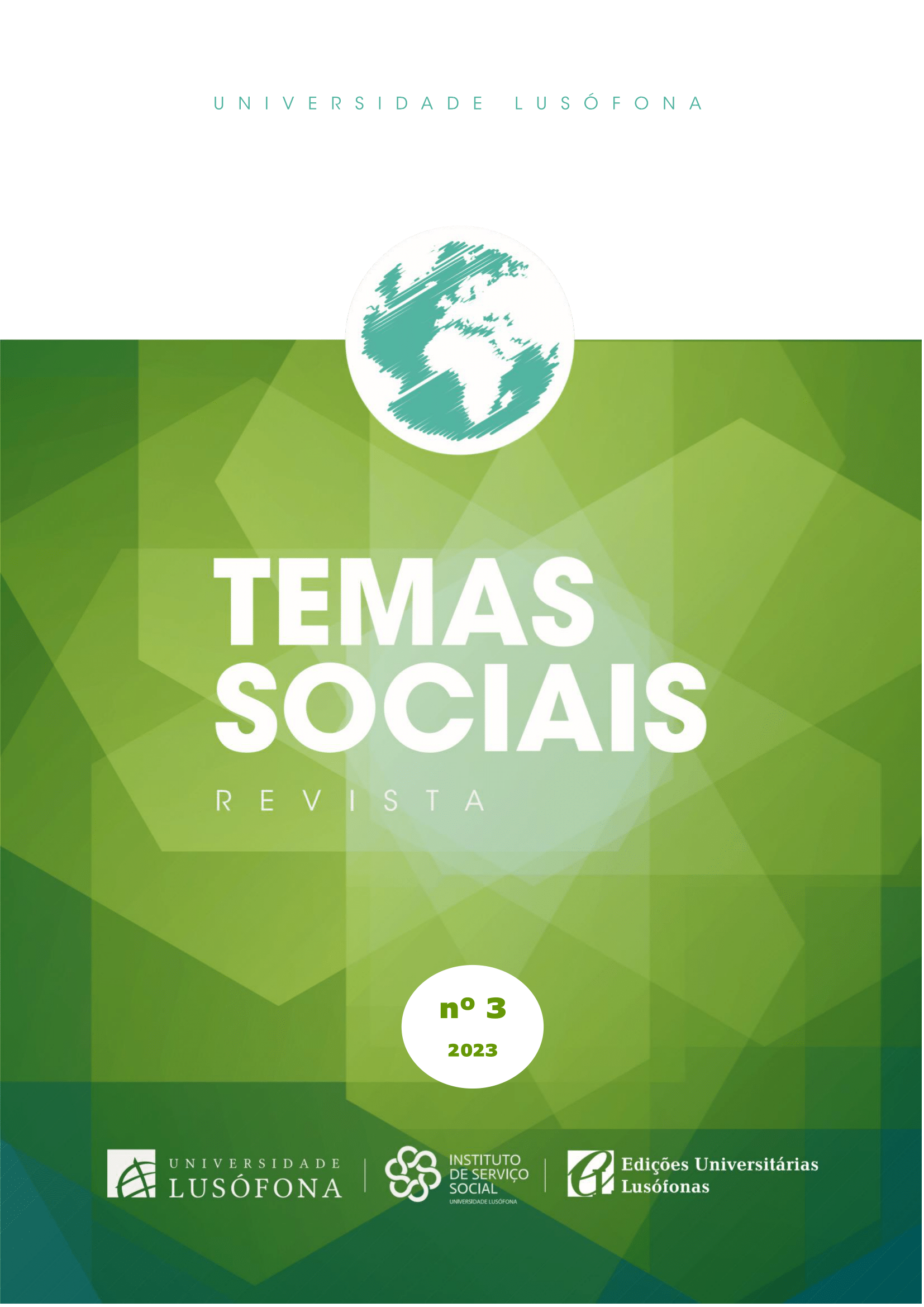As políticas de asilo na Europa: implicações éticas para o Serviço Social
https://doi.org/10.53809/TS_ISS_2022_n.3_66-82
Abstract
Abstract
Following the 2008 financial crisis and with the increase of migrants movements since 2015 the welfare policies across EU are increasingly becoming instruments for limiting mobility of migrants from outside the EU borders. In this article we focus on the implications that asylum policies have for the interventions of social workers and the ethical dilemmas that they face. This article is the result of an exploratory work. Thus, based on the author's PhD dissertation, as well as resorting to her professional experience as a social worker, she carried out a literature review to identify a set of articles that analyse the practice of Social Work with asylum seekers and refugees and the ethical issues and challenges associated with it. The main goal of this article is to contribute to the reflection on the role of the social worker in safeguarding human rights of this population.
Keyword: Refugee, asylum seekers, social work, ethical dilemmas
Downloads
Open Access Policy:
The Journal facilitates free, open and immediate access to its contents to foster the exchange of knowledge at a global level.
By submitting their work, the author(s) authorise the publication and dissemination of their work and are responsible for its content.
Code of Ethics:
The Journal is a digital tool that enables the dissemination of knowledge in a globalised society where technology, communication and information occupy a prominent place. The publication promotes equal opportunities facilitated by knowledge. To this end, the Journal is committed to the content it publishes, adopting a code of ethics based on the following principles:
1. The texts received must be original, by the author(s) alone and unpublished, i.e. they must not have been previously published, broadcast or sent to another publication.
2. Authors are responsible for requesting any authorisations necessary to publish their texts, with the respective reference to the sources consulted.
3. That organisation must authorise work funded by an organisation to disseminate the results.
4. the plagiarism detection tool in force will review all work received at Universidade Lusófona - Centro Universitário de Lisboa.
5. The articles received will be evaluated by two experts in the field, guaranteeing the anonymity of the author(s) and the evaluators.
6. Papers involving people as the research subject must obtain informed consent from all of them, with strict respect for the confidentiality of personal data and, if necessary, the decision of the Ethics Committee.
7. The list of authors should only include those who contributed intellectually to the work, i.e., who designed and carried out the research, wrote up and analysed the results and approved the final version of the text.



